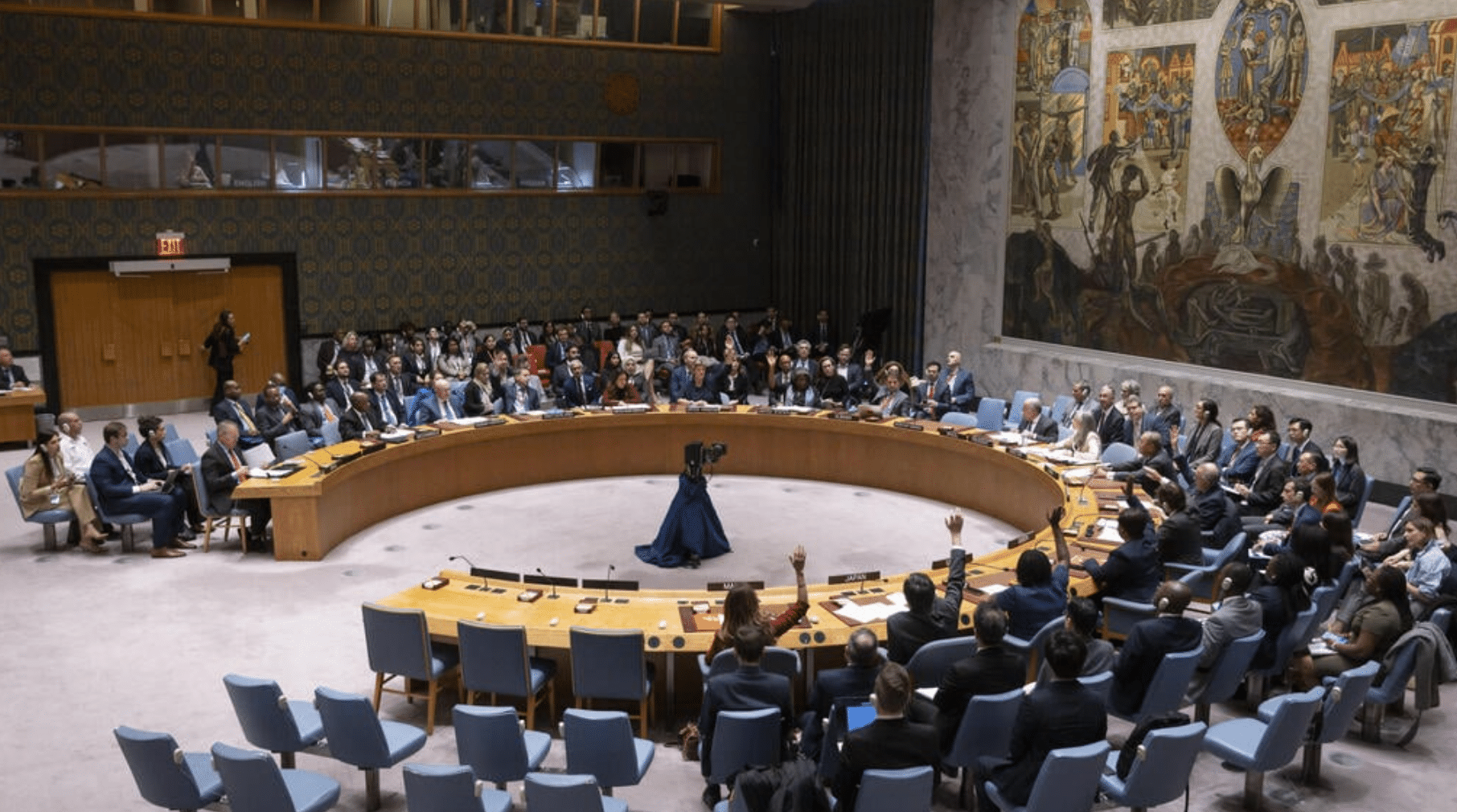“Amidst ongoing tensions in the Middle East, Israel has initiated a series of diplomatic maneuvers targeting various United Nations agencies. This move comes in response to what Israel perceives as long-standing biases within these agencies, particularly regarding their handling of Israeli and Palestinian issues.
Israel’s Allegations Against UN Agencies: Highlighting Perceived Biases in Addressing Israeli-Palestinian Issues
At the forefront of this diplomatic offensive is the Israeli Ministry of Foreign Affairs. The ministry accuses certain UN agencies, including UN Women and UNICEF, of consistently overlooking Israeli perspectives and concerns. These allegations include failures to address issues such as the kidnapping, rape, and murder of women and children in the region. Israel asserts that these agencies have disproportionately focused on Palestinian suffering while neglecting the plight of Israelis.
The ministry’s approach includes scrutinizing the visa issuance process for envoys, leveraging social media campaigns, and urging donor countries to reassess their financial support for these UN agencies. Israel has also limited interactions with UN representatives deemed ‘problematic,’ opting to work only with those considered neutral.
One significant contention involves Lynn Hastings, the UN humanitarian coordinator for Judea, Samaria, and the Gaza Strip. Israeli officials, expressing distrust in Hastings, have opted not to renew her visa. They criticize her for allegedly encouraging Gaza Strip residents not to relocate southwards during military operations, potentially endangering lives on both sides.
Tactical Diplomatic Measures: Visa Scrutiny, Social Media Campaigns, and Funding Reassessments
In a notable public move, the Ministry of Foreign Affairs released a video on its official social media account questioning Hastings’ impartiality and accusing her of endangering civilians with her rhetoric.
Further criticisms have been directed at OCHA, the UN coordinator for humanitarian aid to Palestine. Israeli officials, including Amir Weissbrod of the Ministry of Foreign Affairs, accuse OCHA of propagating Palestinian perspectives while failing to adequately report on issues such as the captivity of Israelis in Gaza and Hamas’ terrorists activities.
Simultaneously, Israel is pressuring UNICEF’s International Emergency Fund for Children, alleging that the organization ignores the suffering of Israeli children while highlighting Palestinian children’s struggles. Catherine Russell, the fund’s Secretary-General, has shown interest in visiting Israel, a visit that the Ministry of Foreign Affairs is considering under specific conditions.
The Israeli stance extends to the UN Women’s organization as well, accusing it of bias against Israeli women. This accusation is part of a broader Israeli narrative claiming that UN bodies are systematically overlooking Israeli suffering.
The Ministry of Foreign Affairs has also criticized the World Health Organization for its alleged refusal to assist in certain medical initiatives in the Gaza Strip and for ignoring evidence of Hamas’ activities in medical facilities.
In a broader context, Israel’s actions represent a strategic shift in its approach to the United Nations, seeking to counter what it perceives as entrenched biases within the organization. This campaign involves both diplomatic and public relations efforts, aimed at reshaping the narrative and influencing policy at the international level.
The situation remains complex, with multiple narratives and a long history of conflict contributing to the current state of affairs. As the situation evolves, further developments are expected in this ongoing diplomatic struggle between Israel and various UN agencies.”
“The heightened tensions between Israel and these United Nations agencies are also impacting higher-level diplomatic relations. For instance, Israel has expressed reluctance to welcome Volker Türk, the UN High Commissioner for Human Rights, for a planned visit to the region. This hesitation aligns with Israel’s broader strategy of challenging what it perceives as biased positions within the UN hierarchy. Türk’s recent comments, characterizing Israel’s actions against Palestinian civilians as war crimes, have further strained these relations.
Contentions and Accusations: Criticisms Aimed at UN Representatives and Organizations
Israel’s UN ambassador, Gilad Erdan, has been particularly vocal in criticizing UN Secretary-General António Guterres. Erdan accuses Guterres of harboring an anti-Israeli bias, influencing the broader organization. This criticism peaked after Guterres condemned an attack involving an ambulance in Gaza, with Erdan demanding his immediate resignation for allegedly condemning Israel without full consideration of the facts.
In a show of public protest, dozens gathered in New York outside Guterres’ residence, demanding action on what they describe as the ‘largest hostage crisis in modern history.’ The protesters emphasized the plight of Israeli hostages, symbolized by 239 butterflies representing the number of hostages, and called out their names, seeking to draw attention to their cause.
Broader Diplomatic Implications: Israel’s Strategic Shift in UN Relations and its Global Impact
The Israeli campaign has seen some shifts in UN positions, particularly following a visit by the UN envoy to the Middle East, Tor Wennesland, to the Gaza perimeter. Post-visit, Wennesland’s communications appeared more balanced, according to the Israeli Ministry of Foreign Affairs, suggesting some impact of the Israeli diplomatic efforts.
These developments reflect a broader and more complex narrative of the Israeli-Palestinian conflict, where perceptions of bias and unbalanced reporting have long influenced diplomatic relations. Israel’s current diplomatic offensive against certain UN agencies is a strategic move to counter these perceptions and seek a more balanced international approach to the region’s issues.
The situation continues to evolve, with both Israeli actions and responses from UN agencies and international communities shaping the future course of these complex and deeply rooted conflicts. As events unfold, the global community watches closely, anticipating the potential implications of these diplomatic maneuvers on the broader stability and peace efforts in the Middle East.”
Image Credit – EPA/JUSTIN LANE

